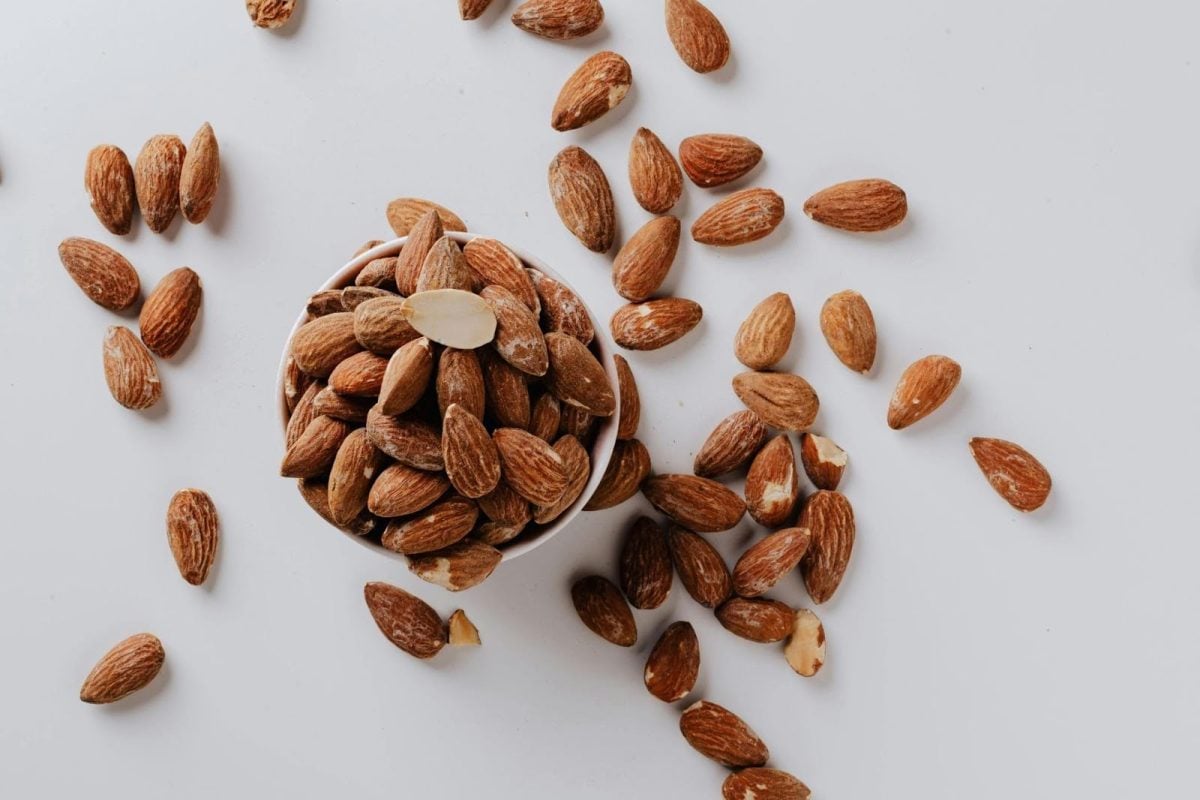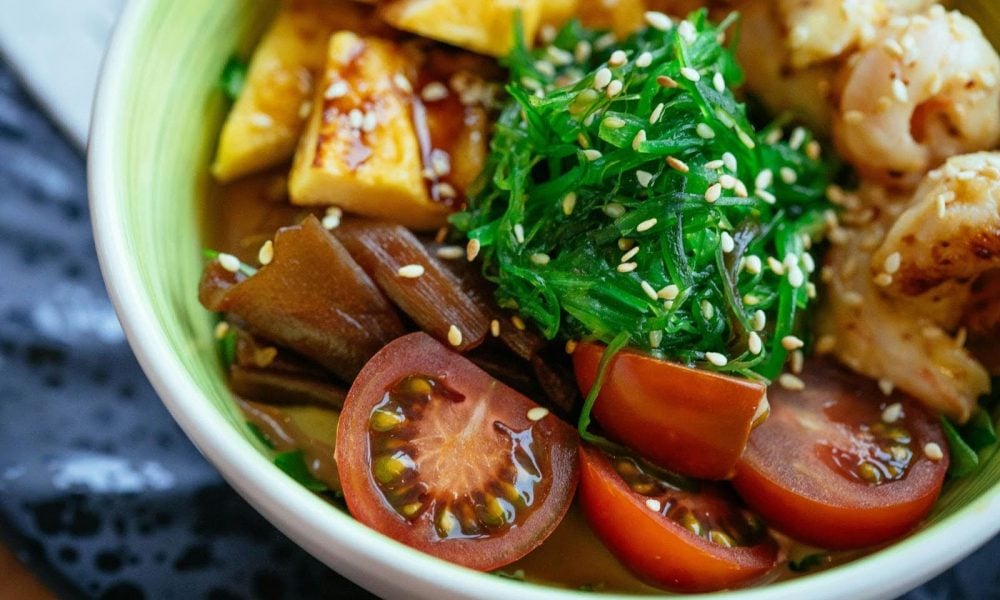There are many reasons consumers follow a restricted food diet. Avoiding allergens is the common cause, but lifestyle and dietary choices also affect how we eat. Dietary restrictions can come from personal choices, such as veganism, allergies, intolerances, and health or religious reasons. It is important consumers are well-informed about what they are eating, and LiberEat’s technology works to ensure this.
Our allergen error detection technology identifies missing or incorrect allergen labelling regarding the 14 major allergens in the UK and the 9 allergens in the United States.
In the UK, legally, these allergens must be provided for all pre-packaged and non-prepackaged food and non-alcoholic drinks, according to UK Food Law.
In the US, the Federal Food, Drug, and Cosmetic Act states that most packaged food must clearly label the nine major food allergens. LiberEat’s technology helps consumers avoid allergic reactions and ensures that food businesses accurately label their products so consumers are not misled into breaking their dietary restrictions.

Types of Dietary Restrictions and Lifestyle Choices
Plant-based
Plant-based is a broad term often interchangeable with vegan and vegetarian. It refers to diets that consist primarily of vegetables, grains, and fruits and excludes meat. Vegans exclude all meat and animal products from their diet, whereas vegetarians exclude meat and seafood.Individuals’ food choices vary; some may eat eggs but exclude meats, seafood, and dairy (‘ovo-vegetarians’). Similarly, pescetarians avoid meat but will still consume seafood. There are also semi-vegetarians, such as pollotarians, who eat poultry (such as chicken and turkey) but abstain from other types of meat.
Vegan food is susceptible to incorrect labelling as the term ‘vegan’ is not legally defined within food law. Consequently, the labelling criteria for ‘vegan’ food products are not as stringent as for allergen labelling, where the allergens must be noted in bold, in a different colour and/or in block capital letters to be easily seen. Organisations such as the Vegan Society Trademark in the UK have stipulations that their trademark holders must adhere to to be defined as ‘vegan’ and therefore ‘earn’ the stamp on their products.
The Food Standards Agency have released findings on how consumers perceive products labelled as “Vegan”. Their research has found that 29% of consumers were unaware that they should check for allergen labelling on products as they assumed a “Vegan” label meant it was safe to consume for people who avoid milk, for example.
- 54% of consumers with allergies to animal products, such as milk, eggs, fish, and crustaceans,
- and 53% of consumers purchasing products for sufferers often assume Vegan products are safe to eat without checking the ingredient labels.
The FSA campaign highlights what different food labels mean for consumers and ensures the public is well-informed when making choices.
“Free-from” and “Allergen-free” products have strict labelling expectations, meaning they have to ensure the products have no ingredient or derivative of the allergen concerned and therefore have rigid processes to prevent cross-contamination. However, only “gluten-free” is legally defined, with “free-from” having no set legislation covering the definition, as covered in the Food & Drink Federation documents. This can be dangerous for consumers who may assume “free from” makes the products safe to consume if they avoid eggs, milk, or nuts, for example.
LiberEat identifies missed allergens in declarations and labels such as eggs, fish, crustaceans, molluscs, and milk, which the majority of those following a plant-based or vegan diet would want to avoid. Allergens need to be correctly labelled to ensure the public can make informed choices on what they consume, and for food businesses to meet food safety expectations.
Religion and Diets
Religious beliefs can influence consumers’ dietary restrictions and lifestyle choices. For example, many Buddhists follow a lacto-vegetarian diet, avoiding meat, fish, poultry, and eggs, as their faith teaches against harming living beings.
As Livestrong covers, many followers of Hinduism are vegetarians due to the religion’s emphasis on non-violence (ahimsa) and natural living, although practices can vary. For those who do consume meat, beef is typically avoided, as cows are held in high regard and symbolise motherhood within the faith.
According to National Geographic, followers of Jainism are strict vegetarians due to their belief that all living beings, including plants and animals, have souls and a strong commitment to non-violence (ahimsa). Jains also avoid root vegetables, as harvesting them involves destroying the entire plant, which they see as a form of harm.
Free-From Foods
The phrase ‘Free-from’ often refers to food products that exclude one or several of the European-defined 14 major allergens, such as gluten, milk, peanuts, and tree nuts. Products must contain no trace of these products, with the expectation of gluten, which cannot exceed 20 mg per kg of the finished product. Consumers who choose free-from foods typically do so to avoid allergens or are seeking vegan alternatives.
Gluten is a protein found in wheat, barley, and rye, among other cereals. Per the labelling requirements surrounding the 14 major allergens, cereals containing gluten must be emphasised on food labels. It’s found in bread, pasta, soy sauce, and some ready meals. Consumers avoid gluten for different reasons, such as coeliac/celiac disease, gluten intolerance or gluten allergies. Although the symptoms are similar, they are not the same health issue. Coeliac disease, where the immune system attacks gluten and damages the gut, is an autoimmune condition, while gluten allergies and intolerance are not. Gluten allergies are similar to most allergies, where the body detects and rejects a foreign substance using antibodies, notably Immunoglobulin E. Gluten intolerance, or Non-Celiac Gluten Sensitivity (NCGS) differs as it lacks the typical biomarkers associated with Coeliac/Celiac disease and gluten allergies. Professionals are still researching gluten intolerance to understand it better and recommend following a gluten-free diet to avoid potential triggers.
‘Nut-free’ refers to products that do not contain peanuts, tree nuts, or both and have no risk of cross-contamination. These allergies are severe and can result in anaphylaxis and hospital treatment. Some individuals are allergic to multiple tree nuts, such as cashews and pistachios, rather than just one type. Cross-contamination is a high risk for people with nut allergies, therefore, these allergens must be declared and labelled clearly.
Dairy-free products must contain no traces of milk or milk components, another one of the 14 major allergens. Milk allergies and lactose intolerance are the primary reasons for avoiding dairy. Although the reactions are more likely in children, they do affect adults, too. Because milk can be present in so many formats—such as a liquid or a powder—it presents a significant cross-contamination risk, and we often see milk allergen errors slip through the net, being missed by manual data entry or data checking.

LiberEat’s Allergen Error Detection Technology
LiberEat’s allergen error detection technology provides protection when identifying allergen and ingredient labelling inaccuracies. This helps consumers make informed choices on what they consume as the products have been checked before reaching the consumer.
Our technology monitors food data at every step of the food safety process to confirm correct allergen information. This minimises the risk of human error and business costs. Food businesses can feel safe knowing they are providing consumers with the most accurate and up-to-date information and following all current legal requirements.
LiberEat works alongside food businesses’ Food Safety and Quality Assurance teams at restaurants, caterers, food producers, manufacturers, and supermarkets to reach their food safety compliance needs. By detecting food allergens, our technology can recognise whether products are vegan or ‘free from’.
Enhancing Food Safety
Food allergen rules and regulations continue to evolve. Food businesses must be vigilant when working with ingredients containing allergens and exercise due diligence when providing ingredient and allergen information to consumers.
LiberEat offers food businesses a second line of defence by detecting errors, allergens, and other harmful ingredients with our proprietary food safety technology.
Food businesses can apply this technology directly to identify errors in allergen communications, preventing the risk of injury.
Contact us today to learn more about our allergen detection technology.
LiberEat Allergen Detection Technology is a platform that provides an allergen safety blanket for food businesses, ensuring that consumers are safe and healthy when consuming their food dishes and products.
Non LiberEat Sources
Plant-based, vegetarian and vegan diets | Heart Foundation
What is a Pollotarian Diet? | Healthline
Vegan food and allergens | Food Standards Agency
Allergen labelling for food manufacturers | Food Standards Agency
The Gluten Free Diet | Coeliac UK
The Most Common Signs of Gluten Intolerance | Healthline
Peanut allergy and tree nut allergy | Anaphylaxis UK
Dairy and alternatives in your diet | NHS
Do Some Vegetarians Eat Chicken? The Pollotarian Diet Explained | Healthline
Buddhist Diet: How it Works and What to Eat | Healthline
Guidance on “Free-From” allergen claims | Food & Drink Federation
Have Food Allergies? Read the Label | Food and Drug Administration

